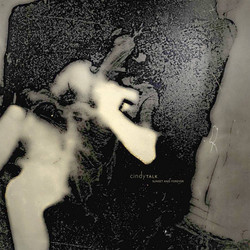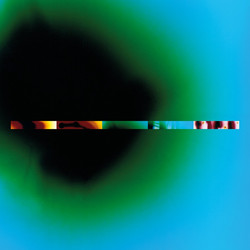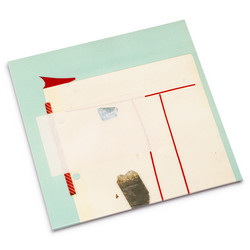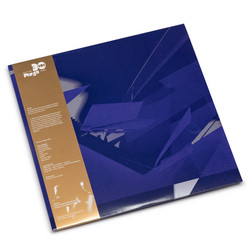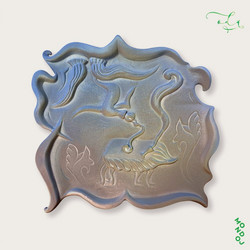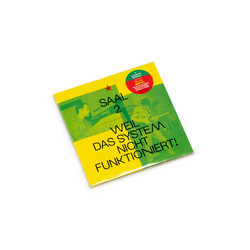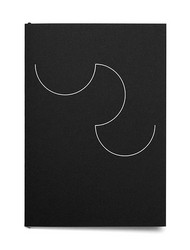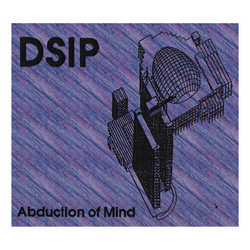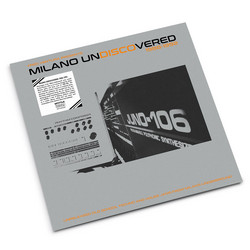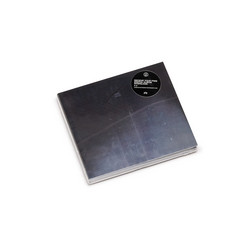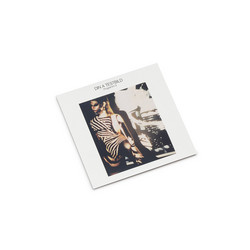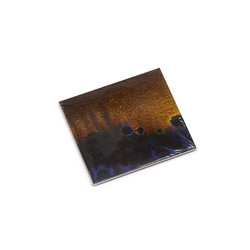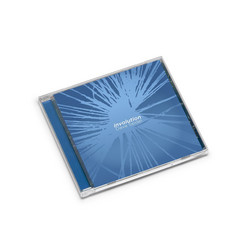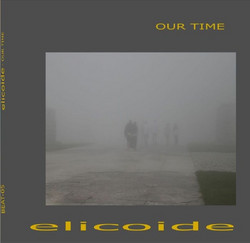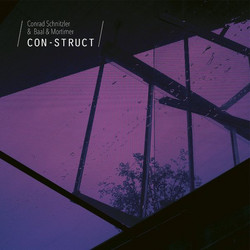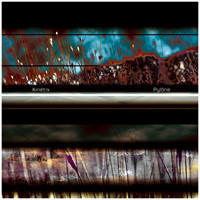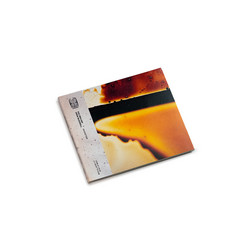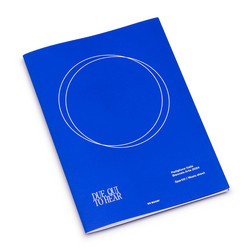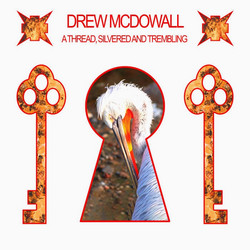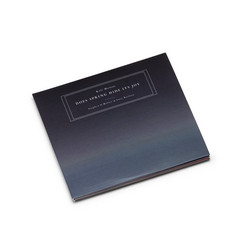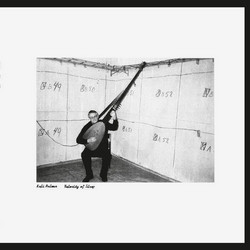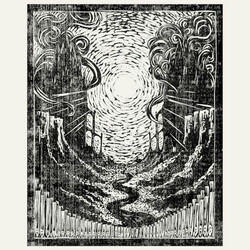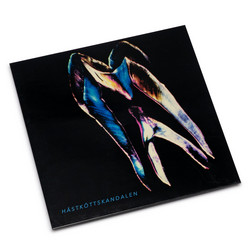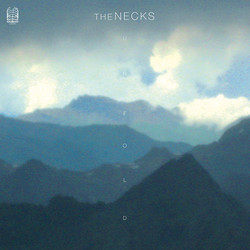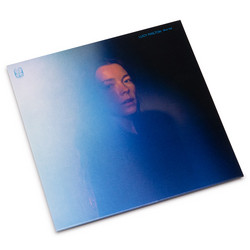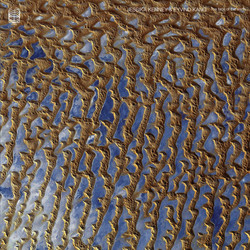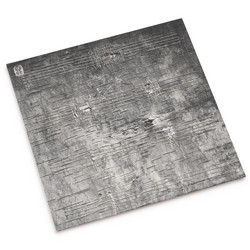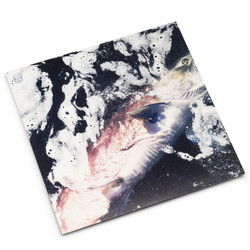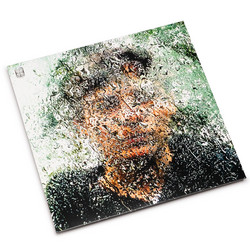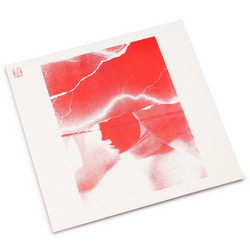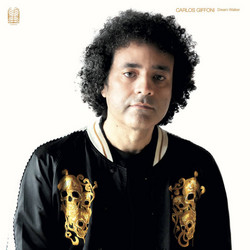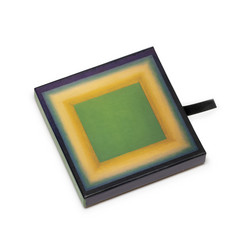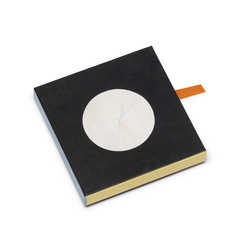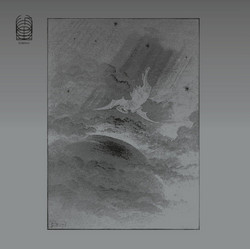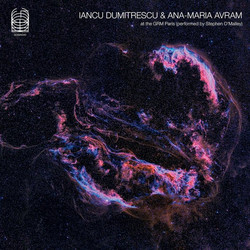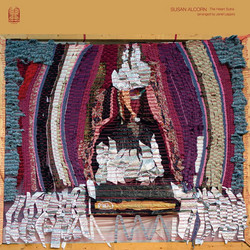Super Tip! Kali Malone and Drew McDowall have orbited each other's work for over a decade, their individual explorations of sustained tones and harmonic space suggesting an inevitable collaboration. When they finally entered McDowall's Brooklyn studio together, what emerged on Magnetism transcends mere musical compatibility. Malone has spent recent years extending the legacy of Éliane Radigue, redefining what electronic minimalism can accomplish through pipe organ and synthesizer. Her compositions stretch single chords into cathedral-sized architectures of sound, tracing harmonic territories that Radigue first mapped in her pioneering electronic works. McDowall brings a different lineage: as a veteran of Coil, he approaches synthesis with the patience of an alchemist, crafting electronic textures that breathe with unsettling life.
Magnetism resolves this apparent contradiction through sonic diplomacy. Malone's melodic sensibilities—those long, searching lines that seem to trace the curvature of space itself—find new expression through McDowall's textural arsenal. Where Malone typically builds with mathematical precision inherited from the Radigue tradition, McDowall introduces the controlled chaos he perfected with Coil: digital distortion that pulses like organic matter, synthesis algorithms that decay at the speed of memory.
The album's foundation reveals their shared fascination with the spaces between notes. Karplus-Strong synthesis becomes their primary tool, combined with just intonation tuning systems that allow Magnetism to inhabit frequencies conventional instruments cannot reach. But technique serves expression here, not the reverse. Across four extended movements, repetition becomes meditation, saturation a means of transcendence. There's something ritualistic about how these pieces unfold, their harmonic cycles suggesting ancient ceremonies filtered through electronic consciousness. This is music that operates on geological time while pulsing with digital immediacy.
The collaboration marks significant evolution for both artists. Malone embraces the productive friction of working with another creative mind, while McDowall discovers in her melodic clarity a redemptive light reminiscent of Coil's more transcendent moments. Together, they've created something that feels both ancient and urgently contemporary—proof that experimental music's most profound statements emerge when distinct artistic visions recognize themselves in each other.


